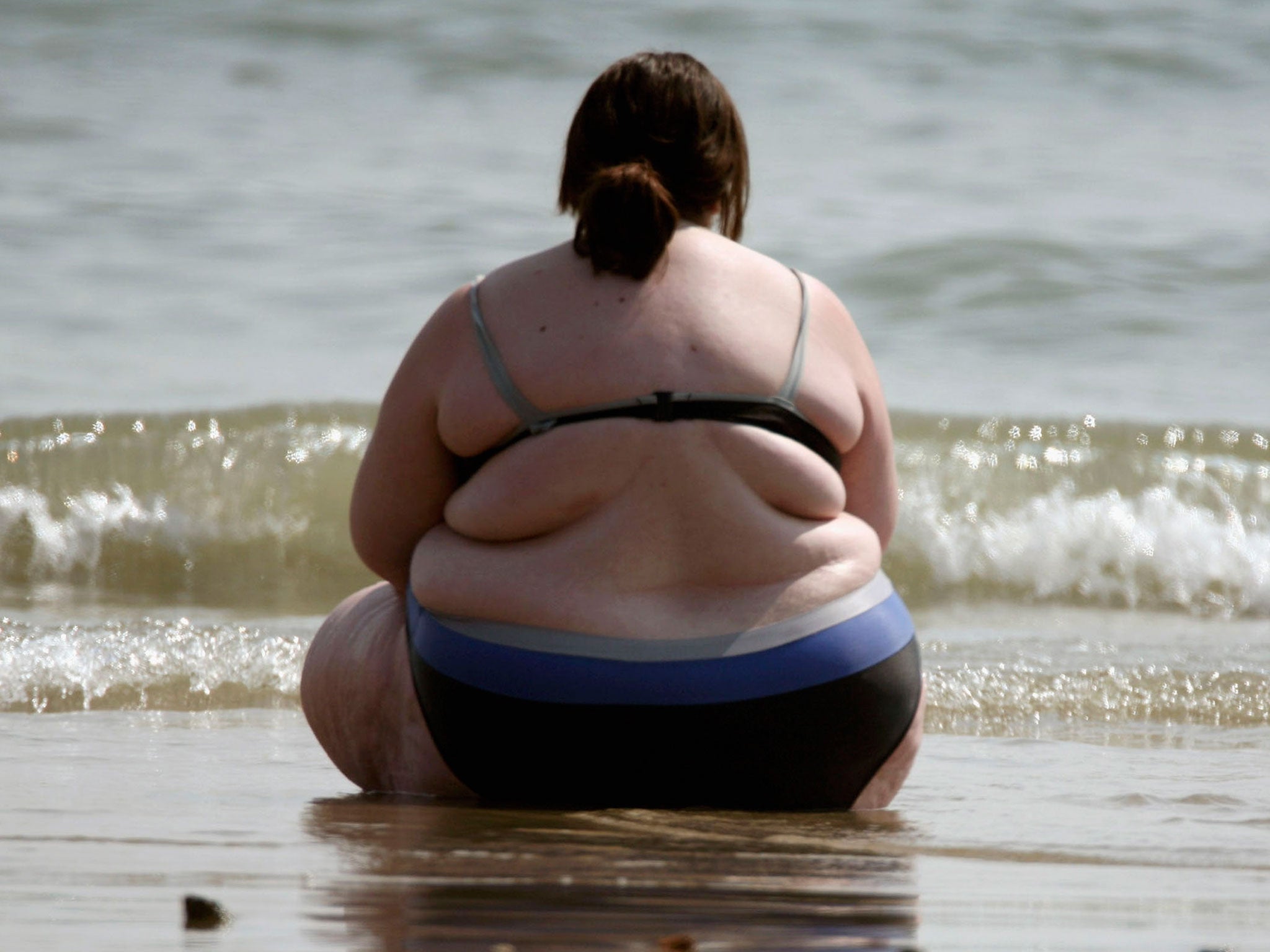Weight loss 'could boost breast cancer patients' survival rates'
New research indicates that losing as little as five pounds could significantly improve patients chances of long-term survival

Your support helps us to tell the story
From reproductive rights to climate change to Big Tech, The Independent is on the ground when the story is developing. Whether it's investigating the financials of Elon Musk's pro-Trump PAC or producing our latest documentary, 'The A Word', which shines a light on the American women fighting for reproductive rights, we know how important it is to parse out the facts from the messaging.
At such a critical moment in US history, we need reporters on the ground. Your donation allows us to keep sending journalists to speak to both sides of the story.
The Independent is trusted by Americans across the entire political spectrum. And unlike many other quality news outlets, we choose not to lock Americans out of our reporting and analysis with paywalls. We believe quality journalism should be available to everyone, paid for by those who can afford it.
Your support makes all the difference.Losing weight could boost breast cancer patients’ chances of survival, new research claims.
Experts hailed the findings, which examined over 2,400 women with breast cancer over a ten-year recovery period, as “extraordinarily important”.
The study found that women who lost a small amount of weight, roughly five to six pounds, were 70 per cent more likely to survive some of the deadliest formers of breast cancer.
Scientists believe the findings, presented earlier this month at the San Antonio Breast Cancer Symposium, mean that diet could have as large an effect on a patient’s outcome as a breakthrough drug or radical chemotherapy.
The Women’s Intervention Nutrition Study tracked the women for two decades after they received brast cancer treatment to see if changes in their diets affected the diseases reoccurrence.
Half of the women were placed on a low-fat diet, with those who lost weight and maintained that weight loss for five years showing lower death rates.
One theory is that weight loss also reduces levels of glucose and insulin that would otherwise ‘feed’ cancer cells.
The most significant differences were among the 20 per cent of women whose cancer was not linked to hormones. Previous research has indicated that overweight women are more likely to develop breast cancer, as well as being more resistant to attempts to treat it.
Scientists believe this resistance may be linked to lower levels of oestrogen, which is known to trigger cancer.
Professor Tony Howell, director of research at the Genesis breast cancer prevention charity, told the Daily Telegraph the new findings were an “extraordinarily important result”.
“A 69 per cent reduction in deaths in a group with few alternative treatments – that’s as good as any drug,” he said.
“For 20 per cent of women, this is as effective as chemotherapy.”
Despite the promise of the results researchers cannot be sure they are not an anomaly, due to the relatively small sample size, but as further tests are commissioned scientists are optimistic about the effect future results may have on cancer treatments.
Join our commenting forum
Join thought-provoking conversations, follow other Independent readers and see their replies
Comments